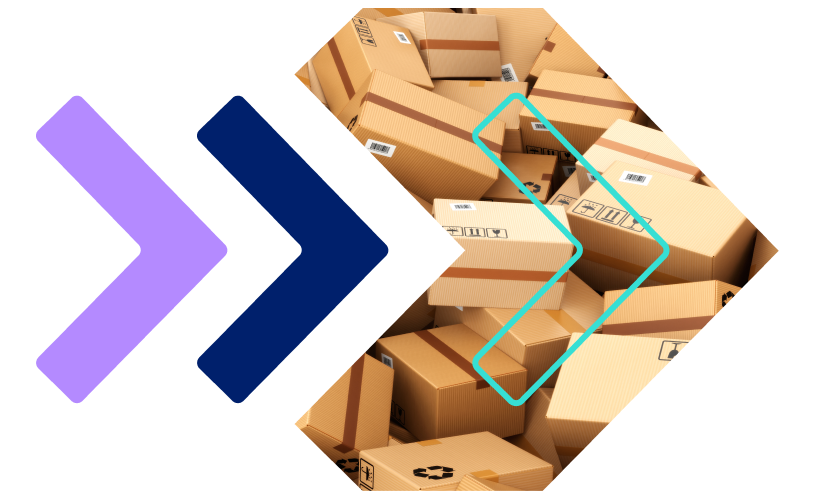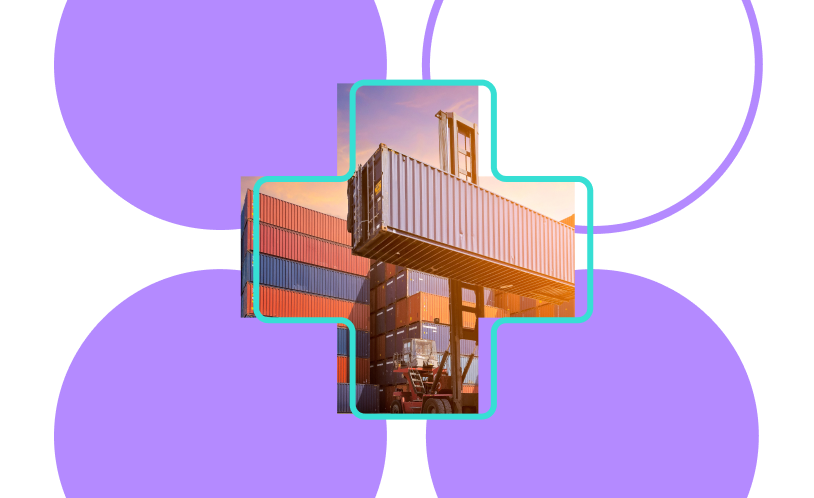Amazon MCF Challenges
Amazon MCF is not for all stores.
For one, if you offer bespoke or custom design products to clients, using MCF to process fulfillment does not make a lot of sense. The same holds true for those who drop ship their products directly from the supplier. Given that over a third of all eCommerce sellers deploy this strategy, it takes a significant number of sellers out of the MCF program.
But there are a few instances where it may still make sense to route your orders through MCF.
If you deal with multiple products/SKUs where only a part of the inventory is drop shipped, then you may ship these products from the supplier to the Amazon warehouse before delivering them to your customer.
Suppliers charge lower for bulk shipments and shipping these larger volumes to the Amazon warehouse may bring down your overall shipping costs.
It is worth pointing out that if you are importing products from abroad, it takes between 2-4 days for shipping, not accounting for delivery. You may have to account for this while calculating your shipping duration.
More importantly, MCF may be worthwhile if you sell in the US without residency. Routing your products through MCF makes it possible for your business to handle returns from American customers without having to own a warehouse or shipping address.
What’s more, you can also get Amazon to repackage these products and ship them to a different customer.
Integrating MCF with Your Store
Handling orders through MCF is straightforward when you only have a handful of orders each day. However, if you are a large store with hundreds of orders to process, you may look at integrating your sales channels with APIs provided by Amazon.
There are two such tools available.
The Fulfillment Outbound Shipment API may be integrated with your store to send real-time transaction updates to the Amazon fulfillment center. This is absolutely vital if you short delivery periods. Also, it is a good idea to process order cancellations through this API in order to avoid possible shipment of a canceled order.
The Feeds API, on the other hand, is not real-time and is asynchronous. It, therefore, improves application performance and responsiveness
How Much Does Amazon MCF Cost?
The Amazon multi-channel fulfillment is considered a part of the FBA operation. As such, there are two fees involved.
A storage fee is a monthly charge levied by Amazon to stock your products in their warehouse. The fee is commensurate to the cubic footage volume occupied by your products. The amount Amazon charges is the same as in FBA.
The fulfillment fee depends on the number of units you ship, shipping duration, and the product volume combined with its weight.
For instance, a standard fulfillment of a small product weighing less than one pound costs $5.85 when one unit is shipped, down to $2.20 when more than five units are shipped. This cost increases to $7.90 and $2.4, respectively, when you opt for two-day shipping. The fee increases for oversized items.
It is also possible for sellers to fulfill international orders from the Amazon warehouse. Shipments, in this case, cost around $13.65 for most parts of the world with additional costs for dunnage.
Handling MCF Returns
With Amazon MCF, you may choose to either get customers to return the product to the Amazon Fulfillment Center, or to ship it directly to you.
The former works for the most part since Amazon also assists sellers in repackaging and stocking the product for sale, however, if you sell perishables or products with a generally short shelf life, it makes sense to ask for the return to be made to your address in order to avoid paying a fee later for product removal.
Conclusion
As Amazon tightens its grip on the eCommerce market, it is also evolving to be a platform that is insanely competitive and thus less profitable to businesses. This is pushing more and more businesses to other sales channels to cover the low margins on Amazon. MCF provides such retailers with the ability to scale their business up while continuing to operate on Amazon.



